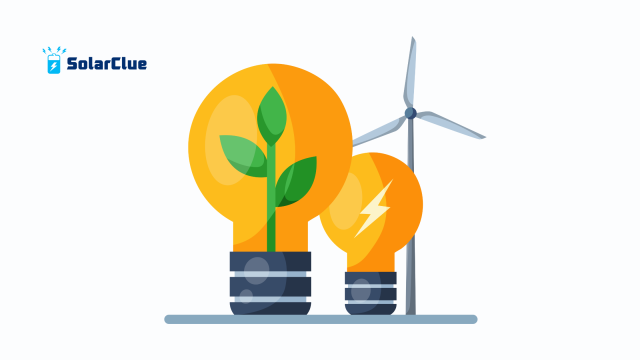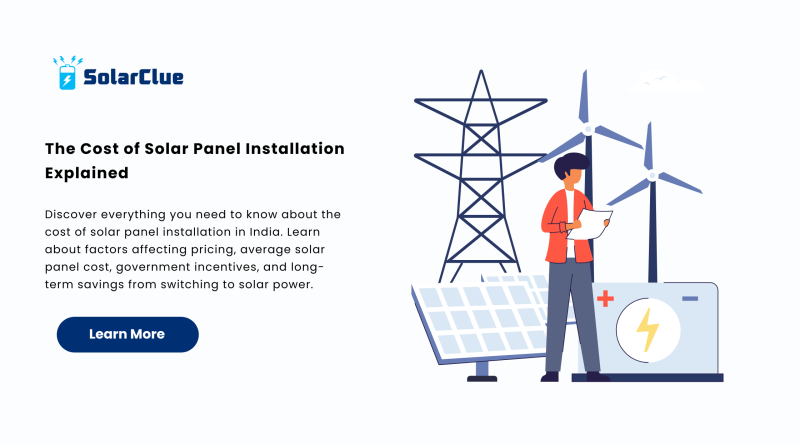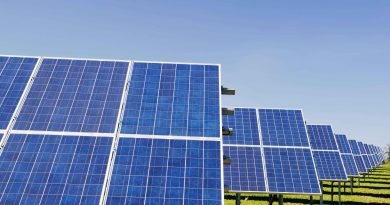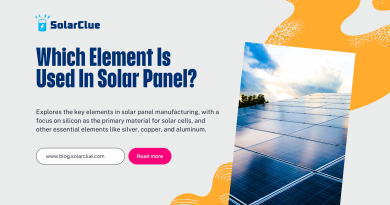The Cost of Solar Panel Installation Explained
Switching to solar power is no longer just an eco-friendly choice—it’s a smart financial decision. As electricity bills continue to rise, more homeowners and businesses are exploring the benefits of investing in a solar power system. But one question always comes up: What is the real cost of solar panel installation?
In this guide, we’ll break down the solar panel cost, explain the factors influencing pricing, explore the benefits of solar energy, and help you understand the long-term return on investment. By the end, you’ll have a clear idea of how much you can expect to spend and save.
Table of Contents
What is the Average Cost of Solar Panel Installation?
The cost of solar panel installation depends on multiple factors, but in India, the average price typically ranges between ₹45,000 to ₹60,000 per kW for residential systems. For larger commercial projects, costs per unit are slightly lower due to economies of scale.
On average, a 3kW to 5kW solar power system is sufficient for most Indian households, bringing the total investment to anywhere between ₹1.5 to ₹3 lakhs. While this may sound like a big upfront cost, the payback period is generally between 4 to 6 years thanks to electricity bill savings and government subsidies.
Factors Affecting Solar Panel Cost
Several factors influence the solar panel cost and installation pricing:
Type of Solar Panels
There are mainly two types of solar panels—monocrystalline and polycrystalline. Monocrystalline panels are more efficient but come with a higher price tag. Polycrystalline panels are budget-friendly and widely used in residential installations.
1. System Size and Energy Needs
The larger your solar power system, the higher the upfront cost. However, bigger systems often generate more savings in the long run.
2. Location and Sunlight Availability
Regions with higher sunlight exposure produce more solar energy, meaning fewer panels are needed to meet energy requirements.
3. Mounting and Roof Type
Installing solar panels on flat concrete rooftops can be cheaper compared to sloped or fragile roofs, which may require additional mounting structures.
4. Inverter and Battery Storage
While the solar panel itself is the biggest component, inverters and batteries also play a role in overall pricing. Adding battery backup increases costs but ensures energy independence during power cuts.

Government Incentives and Subsidies
The Indian government offers subsidies and incentives to make solar panel installation more affordable. Residential users can get up to 40% subsidy for systems up to 3kW and 20% for systems up to 10kW under various schemes. These subsidies directly reduce the solar panel cost and shorten the payback period.
Long-Term Savings from Solar Energy
The biggest advantage of investing in solar energy is the long-term savings on electricity bills. A well-maintained solar power system can generate electricity for 25+ years, with most homeowners recovering their initial investment within 5 years. After that, the energy generated is practically free, apart from minor maintenance costs.
Moreover, with net metering, excess power generated by your system can be sent back to the grid, helping you earn credits on your electricity bill.
Solar Power System ROI: Is It Worth It?
Yes—installing a solar power system is absolutely worth it. While the upfront solar panel cost may feel high, the long-term benefits far outweigh the expenses. Consider this simple calculation:
-
A 5kW system can save ₹60,000–₹80,000 annually on electricity bills.
-
With subsidies, the installation cost may be around ₹2.5 lakhs.
-
Payback period = 3 to 5 years.
-
Post payback, the system generates free electricity for decades.
This makes solar panel installation one of the most profitable green investments.
Common Misconceptions About Solar Panel Cost
“Solar energy is too expensive.”
Thanks to subsidies and lower equipment costs, solar panel installation is more affordable than ever.
“Maintenance costs are very high.”
Maintenance of solar panels is minimal—cleaning dust and debris regularly is usually enough.
“Solar panels don’t work on cloudy days.”
While output decreases slightly, solar power systems still generate electricity on cloudy days, making them effective year-round.
FAQs on Solar Panel Installation
Q1: How much does it cost to install a 5kW solar panel system in India?
A 5kW system generally costs around ₹2.5 to ₹3 lakhs, including installation and components.
Q2: Are government subsidies available for solar panel installation?
Yes, residential users can avail up to 40% subsidy for systems up to 3kW under current government programs.
Q3: What is the lifespan of a solar panel?
Most solar panels last 25 years or more with proper maintenance.
Q4: Do solar panels increase home value?
Yes, homes with a solar power system often sell faster and at a higher price due to reduced energy bills.
Q5: Is it worth installing batteries with solar panels?
If you face frequent power cuts or want complete energy independence, adding batteries is beneficial though it increases upfront costs.
Conclusion
The cost of solar panel installation may vary depending on the size, type, and additional features of the system, but the benefits are undeniable. From cutting electricity bills to increasing property value and contributing to a greener planet, switching to solar energy is a future-proof investment.
If you are considering installing a solar power system, take time to evaluate your energy needs, available subsidies, and potential savings. The right choice today can power your home for decades at a minimal cost.
To explore reliable solar solutions and guidance, visit solarclue.com and blog.solarclue.com—your trusted partners in sustainable energy.




